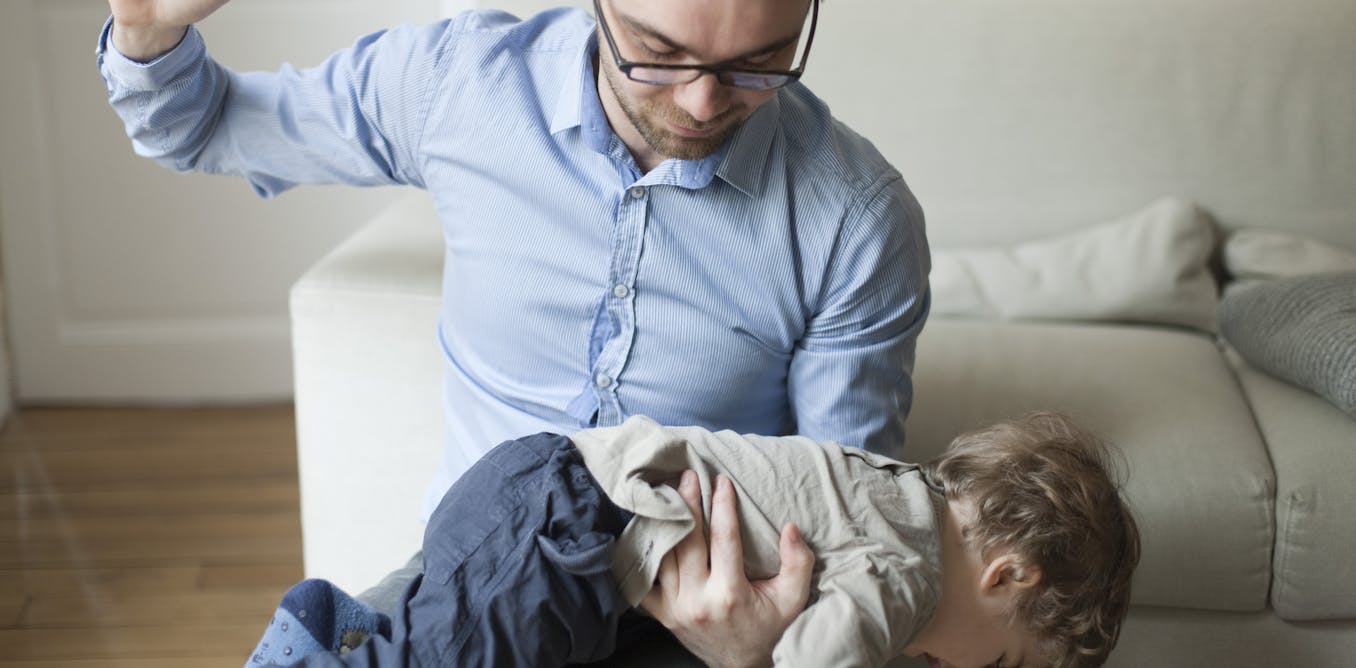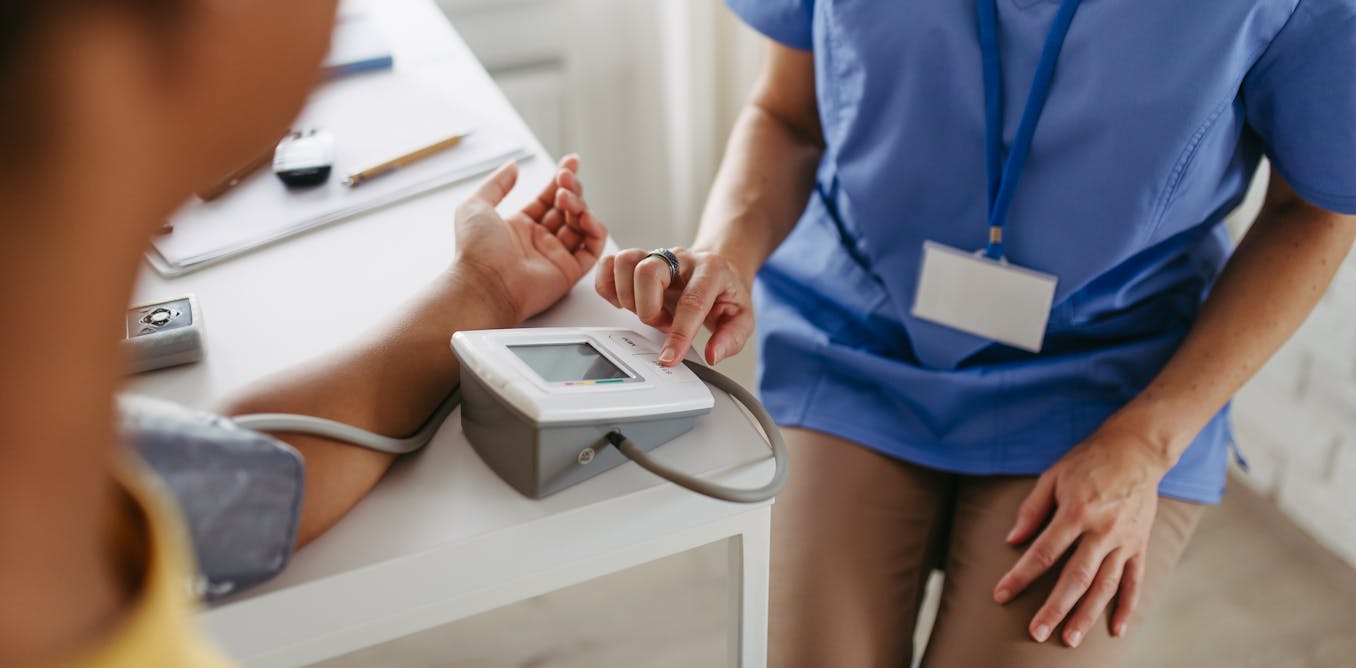FEARS are building over the spread of ‘paralysing’ West Nile virus in Europe after a perfectly healthy mum died in Spain after being bitten by a disease-ridden mosquito.
Granada Romero Ruiz was rushed to hospital on July 11 after falling ill with the nasty bug.
4

4
Her devastated family confirmed she died just nine days later on Friday night in Seville at the Virgen del Rio Hospital.
The 86-year-old’s son, Antonio Pineda, claimed she was in perfect health before a mosquito bit her.
“She had no underlying health problems, she was healthy as could be, active and with a normal life,” he told local media.
Antonio believed his mother’s death could have been avoided had areas near his mother’s home been properly fumigated.
Tragically, this is not the first time the virus has affected the lives of Granada’s family. Her husband contracted the bug in 2016.
La Puebla del Rio Town Hall, in a (translated) statement on X posted alongside a photo of Granada holding a beer, said: “We deeply regret the death of our neighbour Granada, affected by the Nile Virus.”
“We will work tirelessly so that all administrations do everything possible, without skimping, against the virus and that there is a permanent service against mosquitoes.”
This comes as the European Centre for Disease Prevention and Control (ECDC) warned about the deadly virus and said in its weekly update that there have been new outbreaks in part of Greece and Italy.
“Europe is already seeing how climate change is creating more favourable conditions for invasive mosquitoes to spread into previously unaffected areas and infect more people with diseases such as dengue,” said ECDC director Andrea Ammon.
“Increased international travel from dengue-endemic countries will also increase the risk of imported cases, and inevitably also the risk of local outbreaks.”
The centre’s most recent weekly update from last week showed four known West Nile virus cases in Greece in Thessaloniki, Lefkada, Larisa and Chalkidiki, two in Italy in Modena and Pordenone and one in Spain’s Sevilla.
Throughout 2023, 713 locally acquired human cases of the West Nile virus were detected in 123 different regions of nine EU countries, the ECDC said.
Cases were highest in British favourite Italy, where 336 people fell ill.
But Greece (162), Romania (103), France (43), Hungary (29), and Spain (19) also saw higher-than-normal numbers.

4

4
There were six confirmed reports in both Germany and Croatia, and five in Cyprus.
Twenty-two of these regions were reported as places of infection for the first time in 2023 and 67 deaths were also reported.
The case count for 2023 was lower than that of 2022, which saw 1,133 infections reported.
But according to the ECDC, “the number of affected regions is the highest since the peak in 2018, indicating a wide geographical circulation of the virus”.
Should I be worried?
Paul Hunter, professor in medicine at the University of East Anglia, told the Sun that although the risk of catching West Nile while travelling is “low” it’s “not zero”.
“If you are in an area where West Nile is known to be occurring you should take precautions, especially if you are over 50 or are immune suppressed,” he said.
This is because people over the age of 50 and those with other health conditions, such as diabetes, high blood pressure or cancer, are at increased risk of getting seriously ill.
The Asian tiger mosquito – which is known to carry several diseases including West Nile – has been detected in the UK on multiple occasions since 2016.
Experts have previously warned the critters could be common in England by 2040.
How to protect yourself against mosquito-borne illnesses
MOSQUITO-borne diseases are those spread by the bite of an infected mosquito.
They include the Zika virus, West Nile virus, Chikungunya virus, dengue, and malaria.
Although people may not become sick after a bite from an infected mosquito, some people have a mild, short-term illness.
In rare cases, they may develop severe or long-term illness. Severe cases of mosquito-borne diseases can cause death.
There are certain measures you can take to avoid getting bitten by mosquitoes while on holiday.
- Wear long-sleeved clothing and trousers to cover your arms and legs, particularly during early morning and early evening
- Use insect repellent on your skin (ideally one that contains the ingredient DEET)
- Close windows and doors whenever possible, or use blinds or screens
- Sleep under a mosquito net treated with insecticide, including during the day
Sources: CDC, NHS
What are the symptoms of West Nile?
Many people won’t develop symptoms if they catch the virus, and they will get better without treatment, according to the NHS.
However, some will experience flu-like symptoms (such as a fever, body aches and a headache), a rash and feel sick.
Others might have muscle weakness, confusion, vision loss, numbness, neck stiffness, diarrhoea and seizures.
Treatment usually involves rest, staying hydrated and over-the-counter pain relief.
Severe WNV cases need to be treated in hospital as it can lead to meningitis (inflammation of the membranes that surround the brain and spinal cord) and encephalitis (inflammation of the brain), the Centers for Disease Control and Prevention (CDC) warns.




